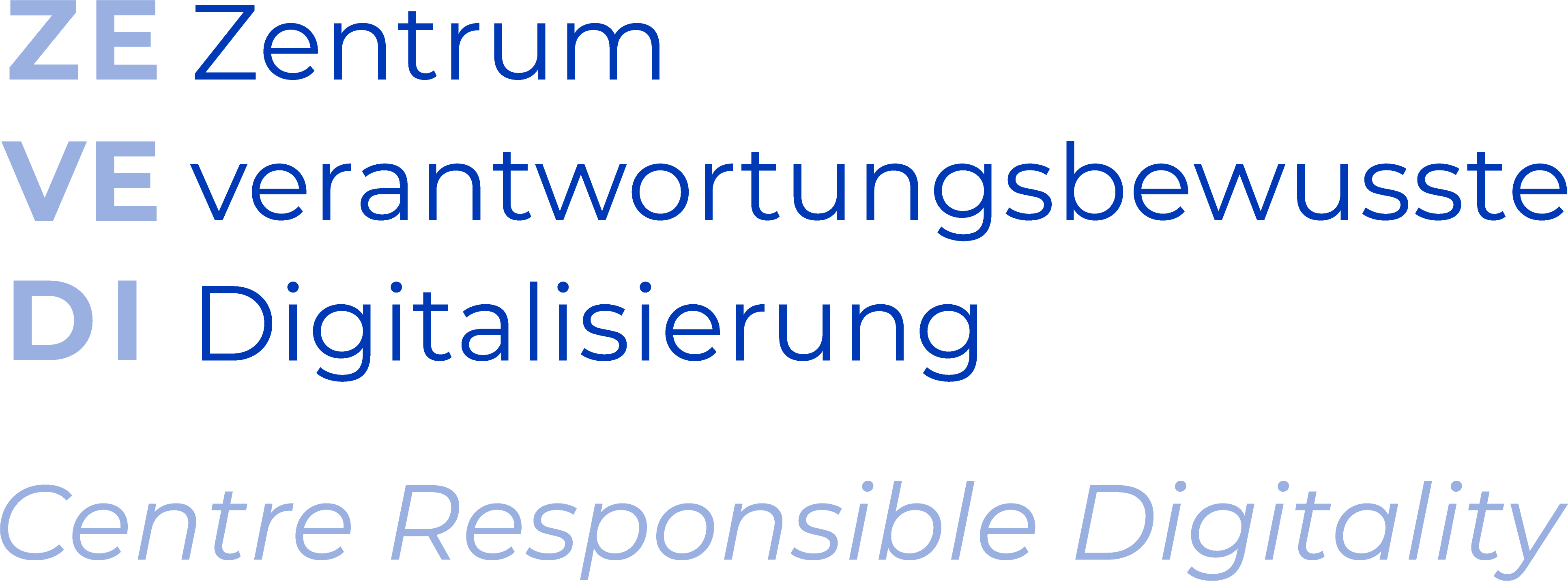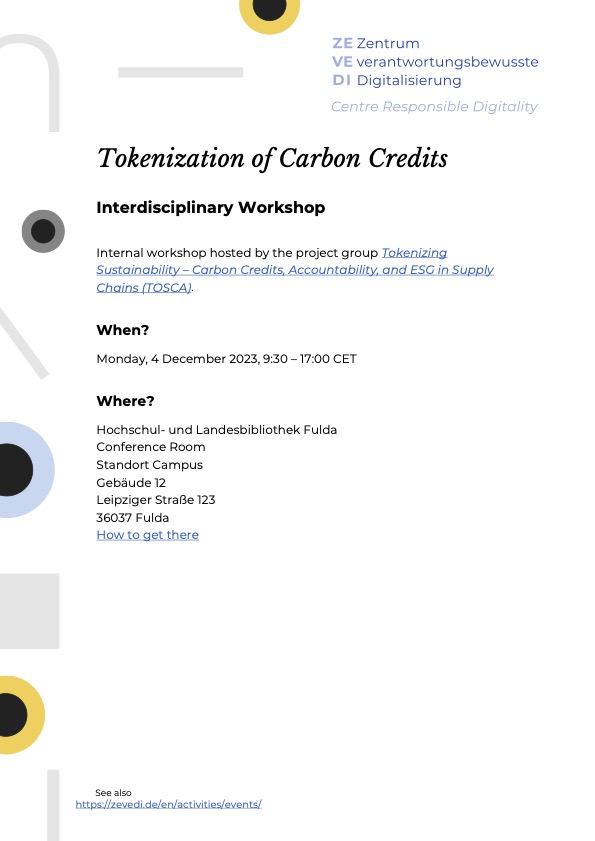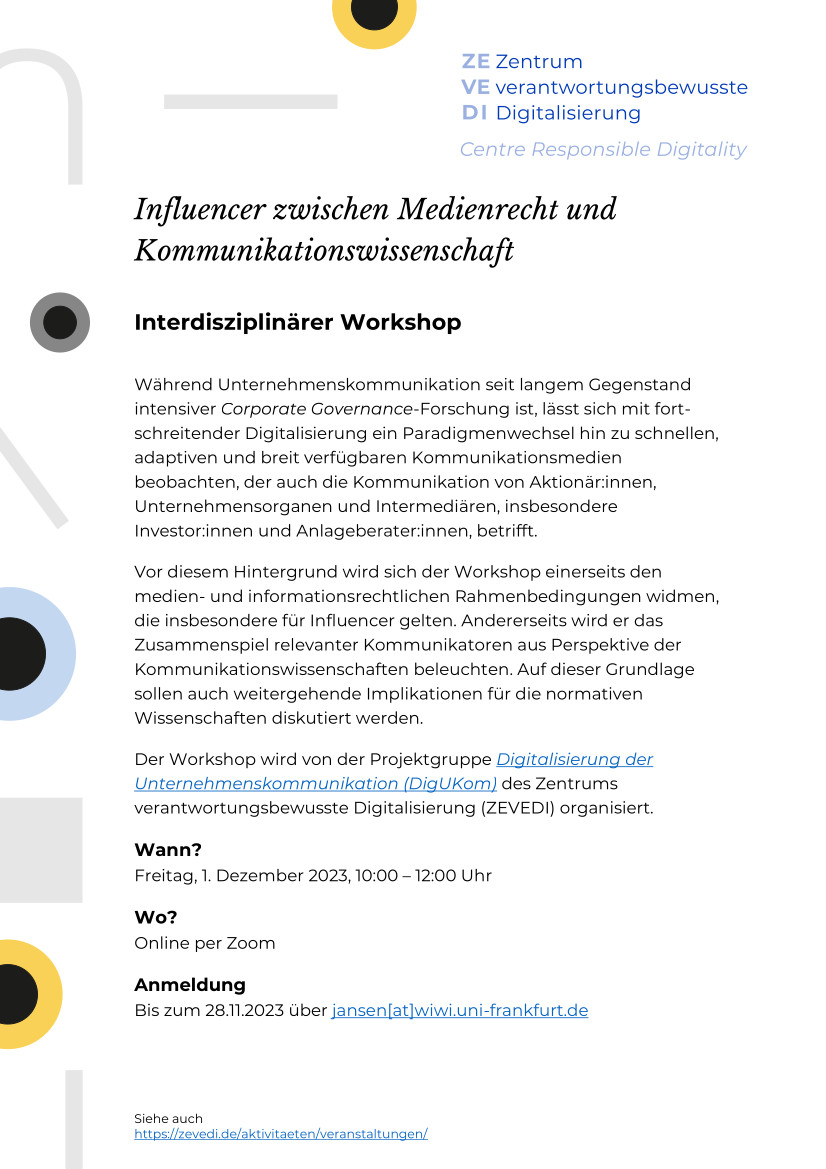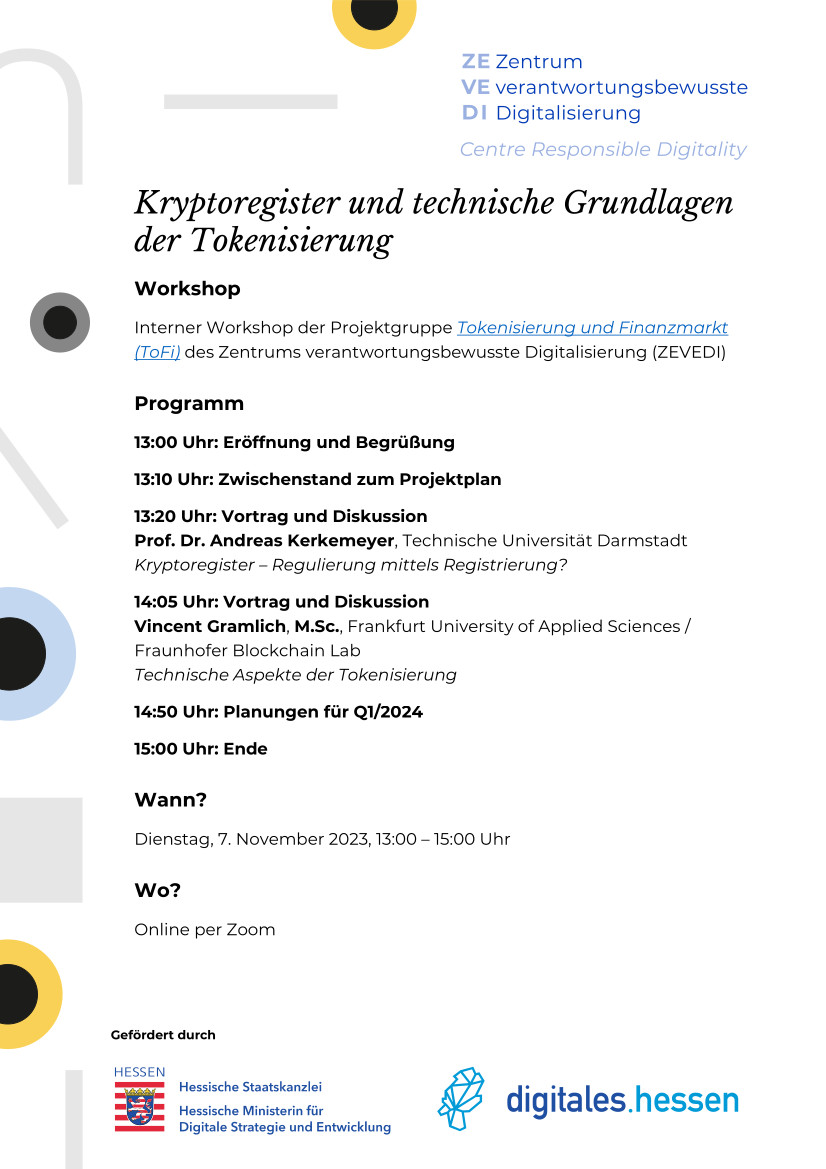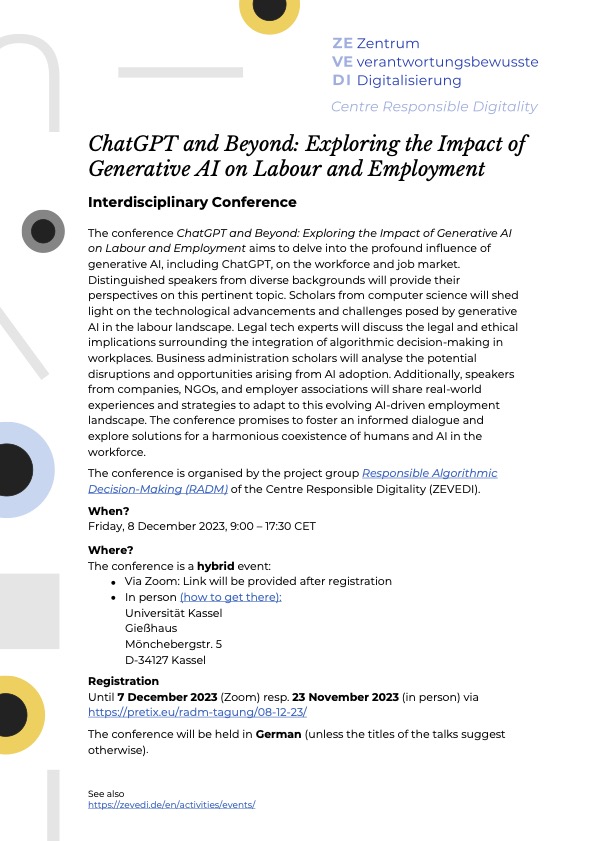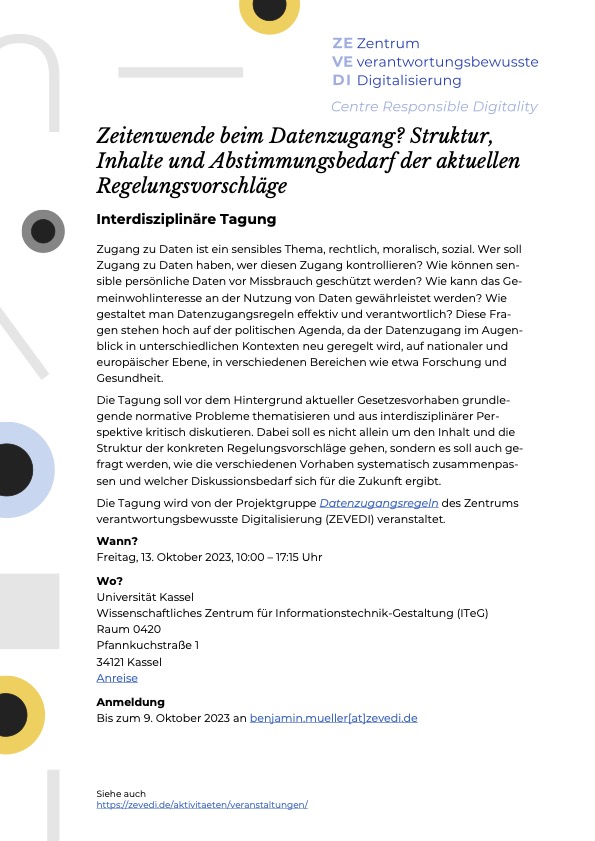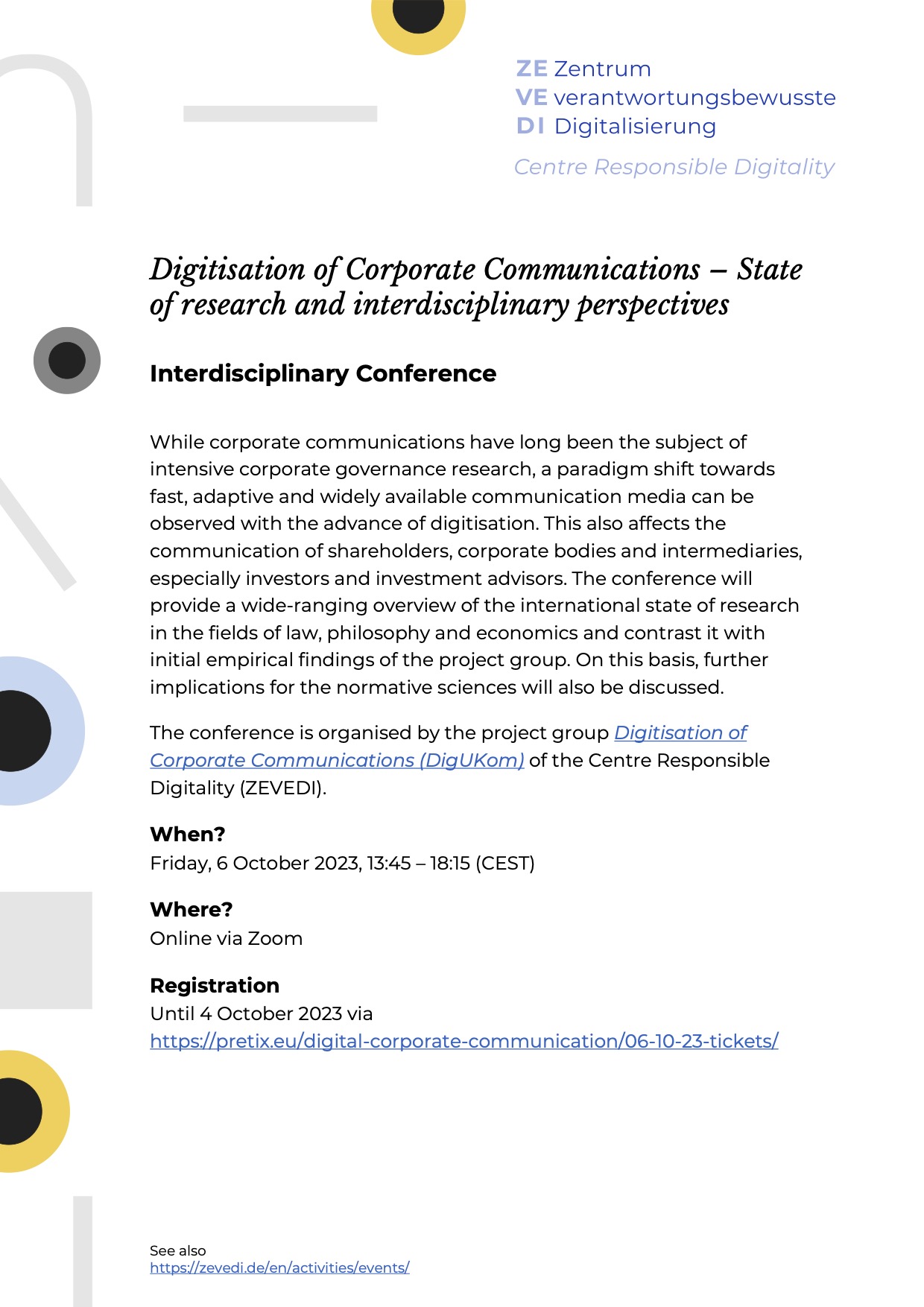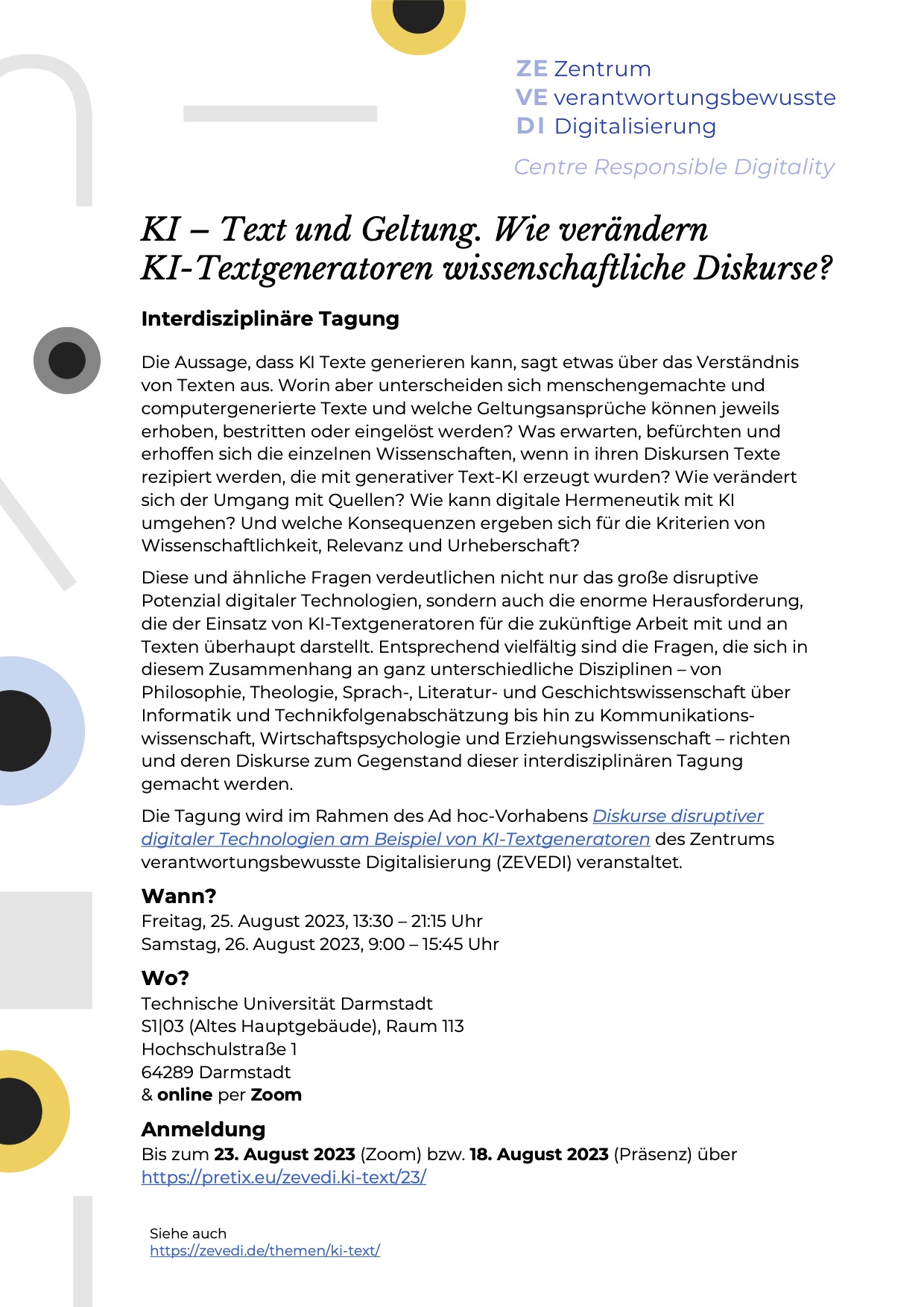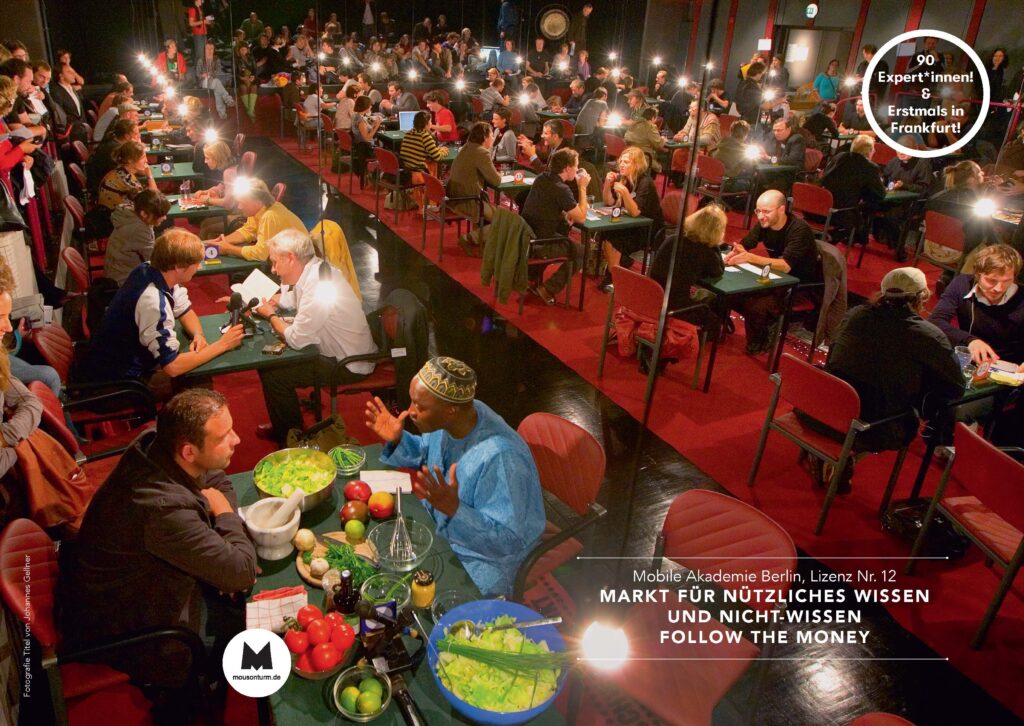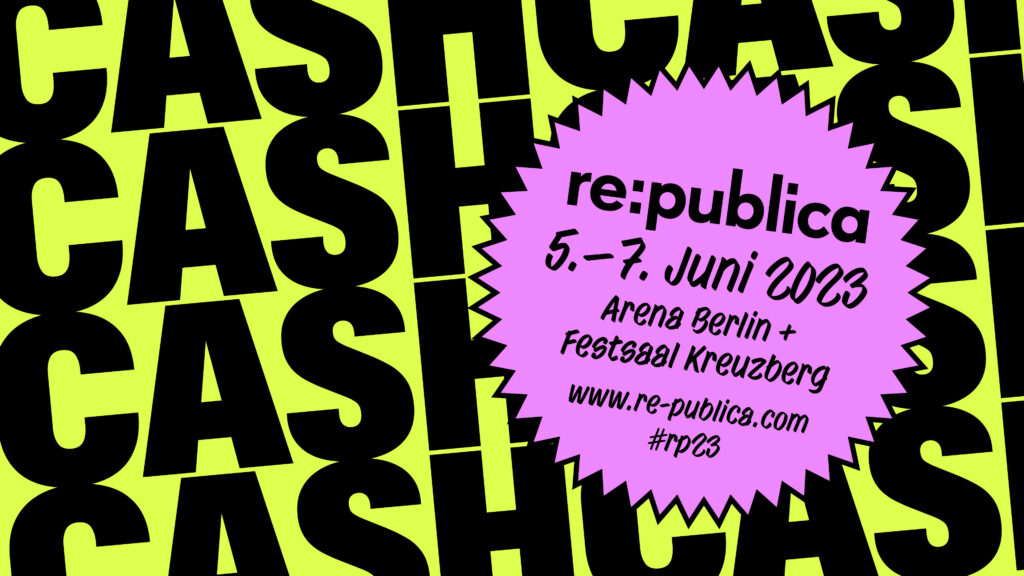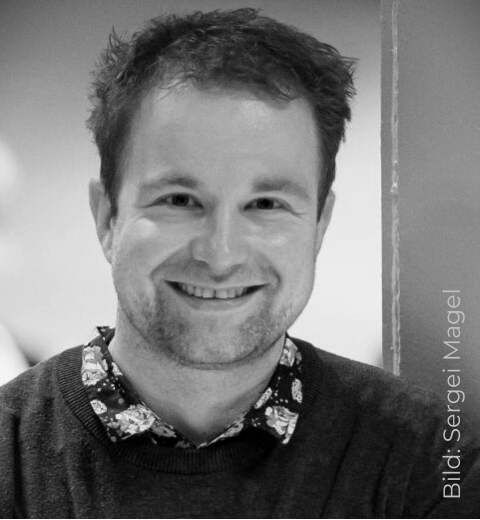
Lecture
Wednesday, 13 March 2024, 07:30 PM
Frankfurter PresseClub, Ulmenstr. 20, Frankfurt am Main
An Event in Cooperation with the Frankfurter PresseClub
The lecture will be held in German.
Stefan Mey is a freelance IT journalist. In his latest book Der Kampf um das Internet. Wie Wikipedia, Mastodon und Co. die Tech-Giganten herausfordern he portrays the non-commercial digital world. In November 2023, he was a Mercator-Journalist in Residence and took a closer look at the governance models of leading cryptocurrencies.
Everyone knows Bitcoin, its total value currently stands at a staggering 800 billion US dollars. The first units of this hacker currency, which escapes state control, were created 15 years ago – at the beginning of 2009. After the US Securities and Exchange Commission (SEC) gave the green light for the first Bitcoin ETF (Exchange Traded Fund) a few weeks ago, the discussion about the actual or alleged potential of “crypto” is gaining momentum. The many other cryptocurrencies that now exist are barely known beyond technical niches and yet are gigantic. What are all these “coins” called Ether, XRP or Tether USDt doing? Are they actually used actively and sensibly? Are they primarily objects of speculation or safe havens for illegal transactions? What are stablecoins, NFTs and smart contracts, how does a blockchain work? And to what extent is even the EU currently thinking about a kind of cryptocurrency? Stefan Mey will explain the most important ideas and terms in this special world and “who” is behind these projects, which like to claim that they do not require a balance of power.
Participation in the event is free of charge. Registration is required.
Zur AnmeldungMore about Mercator-Journalists in Residence at ZEVEDI»
More about the Discourse Project Democracy Issues of the Digitalized Financial Sector»
